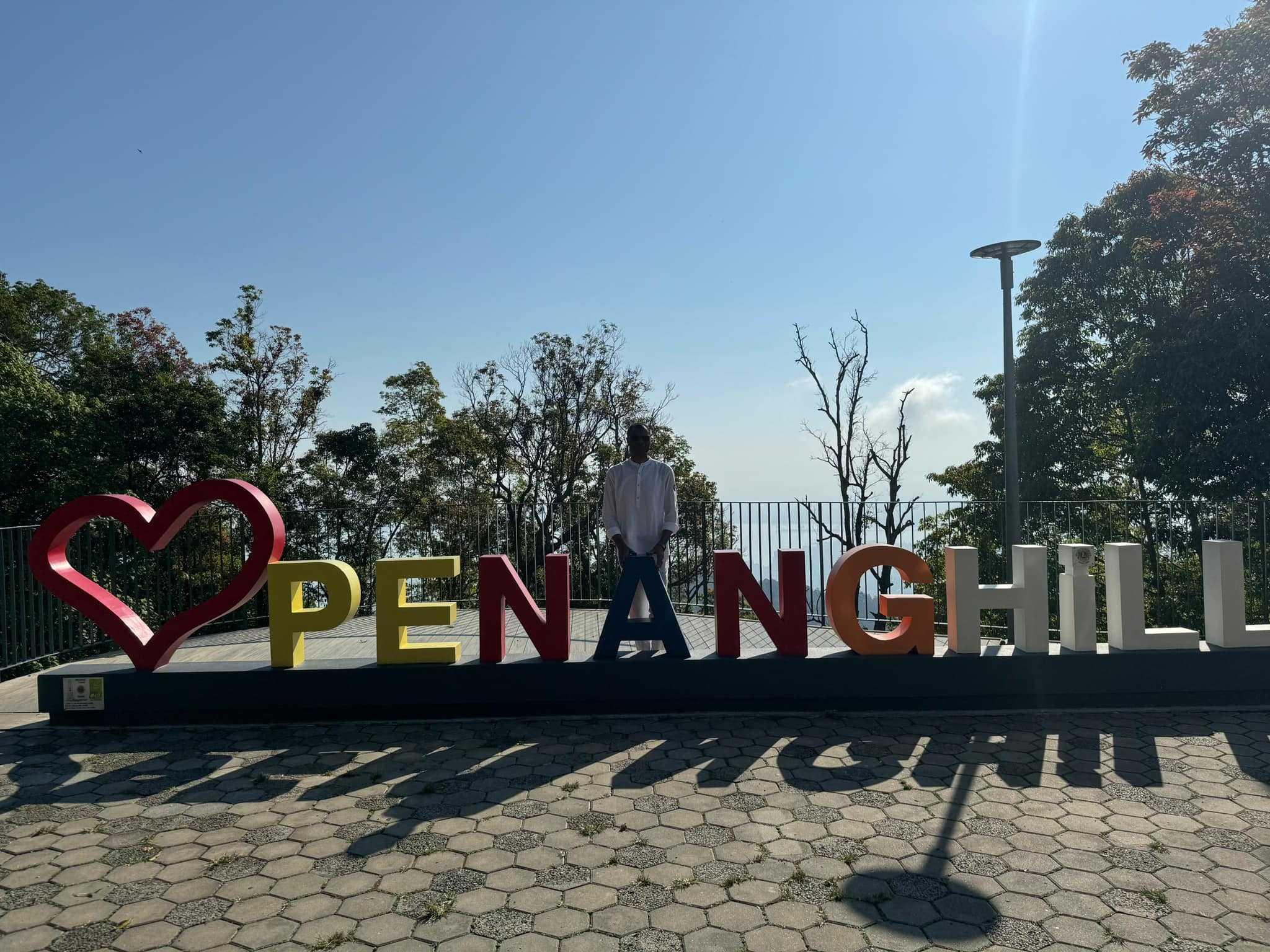Illegal wildlife trade could trigger another pandemic, activists warn
With over 800,000 undiscovered viruses in animals and birds which could infect humans through close contact, they are calling for an immediate end to the illegal wildlife trade and deforestation.
Just In
Environmentalists have called for an end to the illegal wildlife trade, warning that the sale and consumption of animal parts could lead to further outbreaks even as the world struggles to contain the Covid-19 pandemic, the virus behind which health experts recently said had probably jumped from bats to humans via an intermediary animal.
Their call also follows the release of a report by the United Nations’ Intergovernmental Science-Policy Platform on Biodiversity and Ecosystem Services which states that some 1.7 million undiscovered viruses are thought to exist in animals and birds, of which up to 827,000 could infect humans through close contact.
According to the report, more than 70% of emerging diseases such as Ebola, Zika and Nipah are caused by microbes found in animals which “spill over” due to contact among wildlife, livestock and humans.
Activist Andrew Sebastian said the illegal wildlife trade is “a big problem”.
“Firstly, it drives animals to extinction. Secondly, there is the threat of opening us up to new viruses that have been dormant in the wildlife kingdom for all these years,” he told MalaysiaNow.
Calls for a ban on wildlife trade are nothing new. Malaysia’s Department of Wildlife and National Parks or Perhilitan has also been working to catch and prosecute those involved in trafficking animals or their body parts.
But Sebastian said wildlife trade continues to thrive, in large part due to demand from China.
“There is the threat of opening us up to new viruses that have been dormant in the wildlife kingdom for all these years.”
“China is the number one exporter and user of wildlife and many from the Chinese community around the world still stick to old, traditional ways of consuming the body parts of wild animals for health reasons,” he said, adding that this needs to be dealt with.
Shariffa Sabrina Syed Akil, president of the Association for the Protection of the Natural Heritage of Malaysia or Peka, said the destruction of animals’ natural habitats also increases the risk of unknown diseases spreading to humans as it forces wildlife closer to livestock, plantaions and inhabited areas.
“The clearing of virgin forests may release pathogens and bacteria that have never been seen before,” she added.
She and Sebastian agreed on the need for a total ban on the local wildlife trade, saying it poses a threat to public safety.
Sebastian also warned against the exotic pet trade which he said has a role to play in Malaysia’s illegal wildlife trade as well.
“Start by banning the exotic pet trade which fuels the need for wildlife in captivity, whether local wildlife or wildlife from other parts of the world.
“It’s no longer something that we should accept as a norm in terms of doing business,” he said.
But an end to the illegal wildlife trade is not likely without stricter enforcement of laws and regulations and the implementation of stiffer penalties, they said.
“It’s no longer something that we should accept as a norm in terms of doing business.”
At the moment, Shariffa said, many poachers and traffickers still roam free and get away without any real punishment if they are caught. Seizures of captive animals at destination ports often occur too late to save them, she added.
And while Perhilitan may work hard to put an end to the illegal wildlife trade, it is too big a task for one department alone, she said, suggesting a collaboration with other departments, local communities and even the armed forces.
A vocal critic of logging activities in the country, she also called on the state forestry departments to stop degazetting areas and issuing fresh logging permits.
Sebastian meanwhile said the government could do more to deter poachers and traffickers by putting an end to the distribution of hunting licences and the sale of exotic pets.
“Rewards for whistleblowers should be increased,” he said, adding that more people including nature guides and those from local communities should be empowered to monitor the capture or trade of wildlife.
“This would help the long arm of the law reach even further.”
Subscribe to our newsletter
To be updated with all the latest news and analyses daily.


